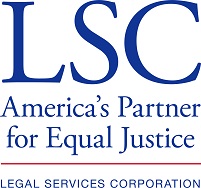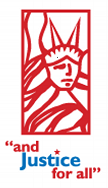Table of Contents
Identity Theft
Identity Theft is the largest consumer complaint filed with the Federal Trade Commission (FTC) every year.
What is Identity Theft?
If you have been the victim of identity theft, it could mean someone has used your name to:
- make purchases,
- get credit cards,
- rent an apartment, or
- obtain utilities without your permission.
In some cases, thieves may have used your name to receive medical services, get a tax refund, or even during contact with law enforcement.
Identity theft may include someone using your checks or bank account information. Use of an ATM, debit or credit card that you did not approve is also identity theft.
In some cases, identity theft occurs within families, which makes it harder to report and recover from the theft.
How Might Identity Theft Impact Me?
Even if you are able to resolve an identity theft issue with your bank, the use of your name and credit history can result in you getting collection letters for things you did not purchase.
It can also result in bad entries on your credit report, causing you problems in getting credit or paying a higher interest rate.
Becoming the victim of an identity theft can be a difficult and frustrating time in your life.
What Can I Do?
The Federal Trade Commission has created has created a website that addresses indentity theft. The website is identitytheft.gov. The website has an interview you can use to file a report and get a recovery plan, the interview is located at https://www.identitytheft.gov/#/assistant.
Identitytheft.gov also has sample letters you can use to tell a creditor, debt collector or credit bureau about the theft of your identity. The letters are available at https://www.identitytheft.gov/#/Sample-Letters. The website also contains instructions on how to fill out the letters, including what information you need to include with the letters.

